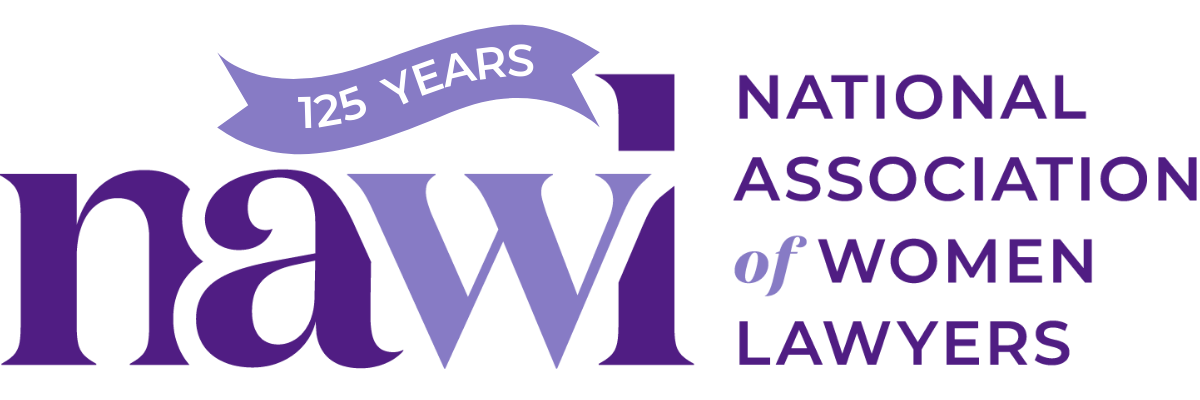Advocacy
The NAWL Advocacy Committee aims to create opportunities for education and engagement on issues that have a relevant and significant impact on NAWL members and advance equity within the legal profession and under the law. You can find NAWL's Advocacy Priority issues below.
NAWL Advocacy Priorities
Equal Rights Amendment
NAWL recognizes that ratification of the Equal Rights Amendment (ERA) was proposed in 1923 and passed by Congress in 1972 but remains unratified despite having met the constitutional requirement for ratification.
On March 6, 2020, NAWL resolved that the ERA is core to our mission and committed to advocate at the federal and state levels to ensure that the ERA is added to the United States Constitution to guarantee equal rights under the law to all citizens regardless of sex and gender status.
Gender-Based Violence
NAWL recognizes gender equality cannot be achieved without freedom from genderbased violence and that gender-based violence has been used as a predominant tactic by oppressors and perpetrators of national and international humanitarian crises, and that the effects of gender-based violence during times of humanitarian crises are far-reaching and continual in nature.
On April 29, 2022 NAWL adopted a resolution committing to advocate to end gender-based violence by supporting survivors seeking justice, supporting those seeking justice for victims and survivors, and advocating for legal and systemic reform efforts aimed to protect individuals from gender-based violence.
Pay Equity
NAWL recognizes the well-documented gender pay disparity that disadvantages women and further aggravates issues of racial, LGBTQ+, and age discrimination, and acknowledges that increased investments in generalized diversity initiatives have directed much-needed focus to pay equity disparities but have not produced meaningful increases in representation, retention, or pay for women. NAWL has long supported pay
equity through support of equal pay legislation, calls for employers to support an ongoing pay equity pledge, and efforts of the NAWL Research Committee.
On November 5, 2021, NAWL resolved to commit to advancing pay equity by continuing its advocacy to ensure that this issue is recognized nationally as one of utmost importance and to identify best practices for employers that have been proven to reduce the effect of such issues on
women’s advancement, achievement, and pay.
Racial Equity
NAWL recognizes systemic racism and injustice have long persisted in the United States and that there is still much work to be done to achieve racial justice in each of the United States, within its own organization, in the legal profession, and in the country overall.
On October 6, 2020, NAWL adopted a resolution affirming that NAWL stands steadfast in our commitment to foster an inclusive environment where every member is welcomed, respected, and has a seat at the table and committed to actively prioritize racial equity and justice in order to effect change within the legal profession and beyond.
Reproductive Justice
NAWL recognizes that reproductive justice is fundamental for the dignity, equality, health, and well-being of every person, and that women cannot be fully equal under the law—or professionally, as lawyers—without bodily autonomy. NAWL supports the right of all individuals to have their privacy and personal autonomy respected, to freely define, choose, and exercise their own sexuality, to decide whether, when, and whom to marry, and to have access over their lifetimes to the information, resources, services, and support necessary to achieve the above free from discrimination, coercion, exploitation, and violence.
On September 13, 2021, NAWL made its organizational commitment to reproductive justice under the law clear, intentional, and explicit by adopting a resolution in support of individuals seeking abortions, and committed actively to support, promote, and advocate for reproductive justice and fight for all individuals to get the care they need wherever they may be located.
Voting Rights
NAWL recognizes the right to vote is the cornerstone of our democracy, the right from which all other rights ultimately flow. Starting with the suffragette movement resulting in the enactment of the 19th Amendment, NAWL has a long history of advocating for voting rights.
Continuing this proud heritage, on August 27, 2021, NAWL resolved to take action to ensure that the right of every qualified American seeking to participate in our democracy is protected, to support legislation that would expand, restore, and strengthen equal access and protection of the right to vote for eligible voters, and oppose legislation that creates barriers preventing eligible voters from exercising their right to vote.
Our Recent Work
Committee Leadership

CO-CHAIR
Josh Fougere
Sidley Austin LLP
Washington, DC

CO-CHAIR
Allison Stevenson
Hill Ward Henderson
Tampa, FL

BOARD LIAISON
Carol Anderson
Microsoft
Redmond, WA

